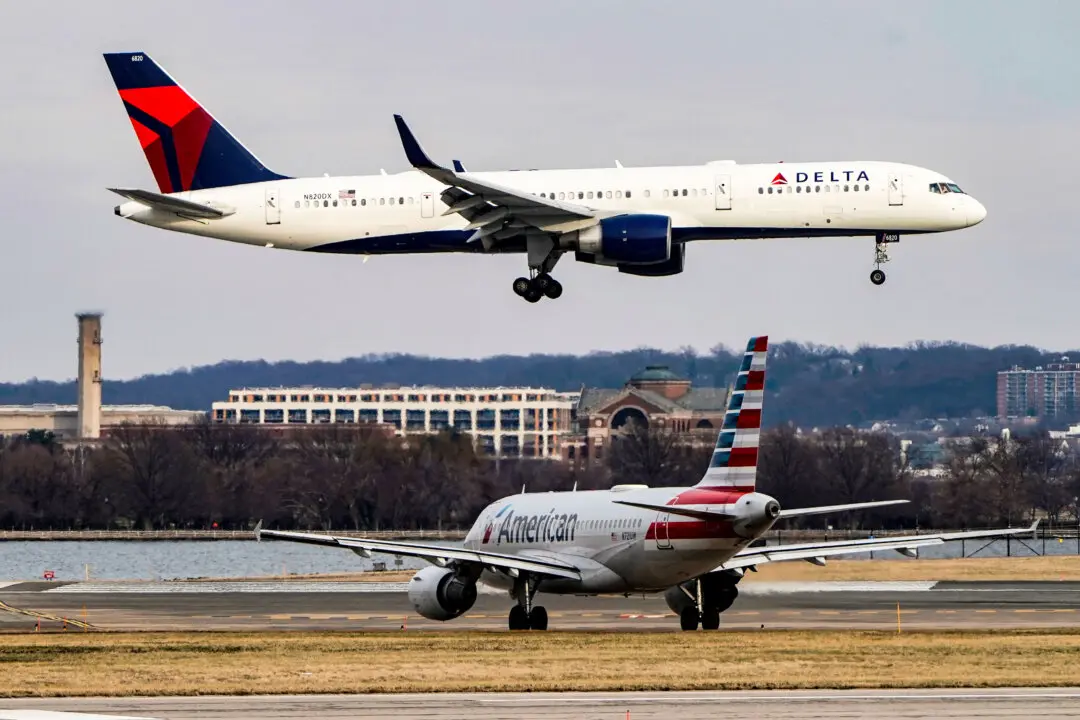Business Analysis
Delta Air Lines’ stock flew high during the Jan. 10 trading session in a down market, on solid demand for travel and a differentiation strategy. The company boosted revenues and earnings and made 2024 the best year in its history.

Delta Air Lines’ stock flew high during the Jan. 10 trading session in a down market, on solid demand for travel and a differentiation strategy. The company boosted revenues and earnings and made 2024 the best year in its history.